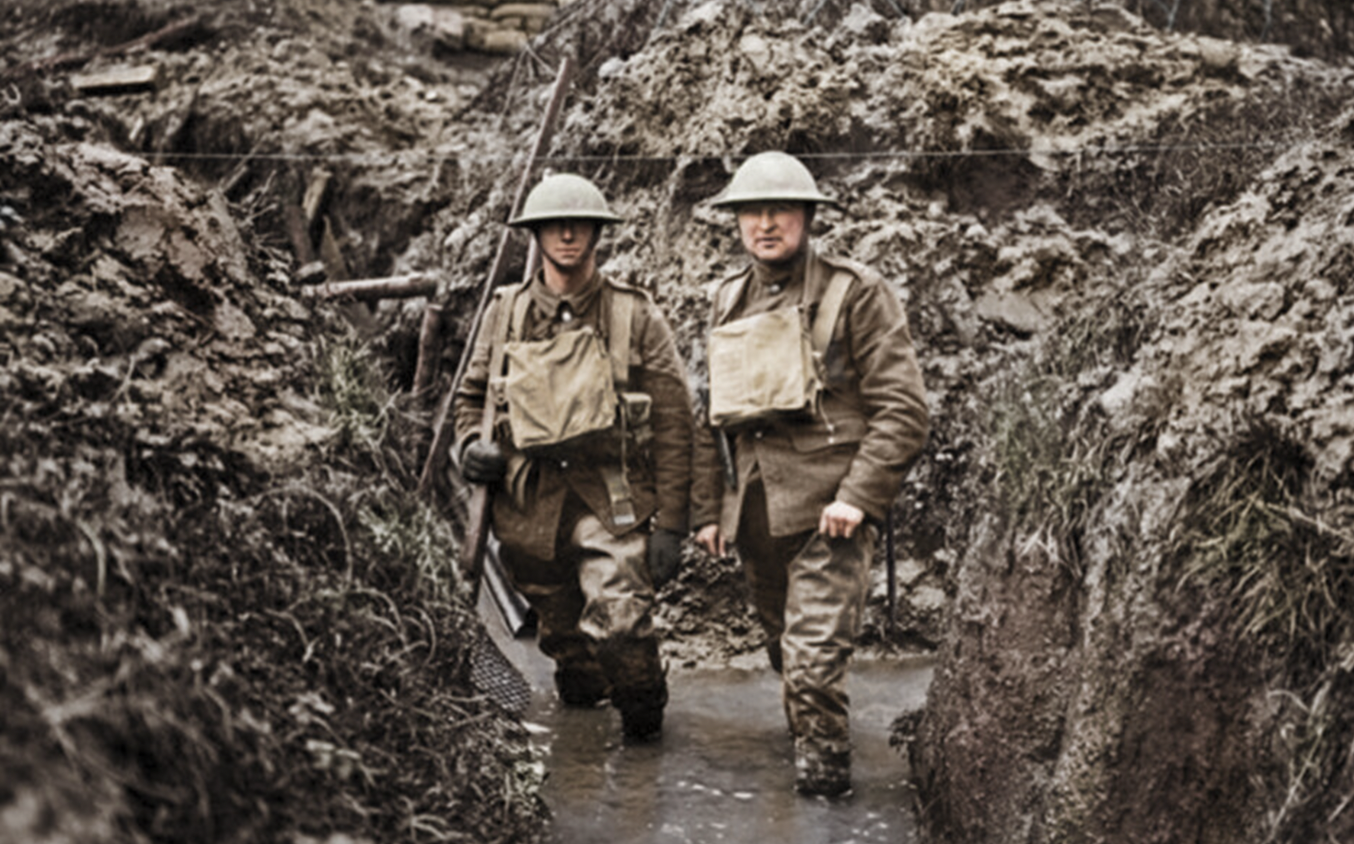Mental Health Professionals With Combat Experience Are Key to Treating PTSD

Over two dozen veterans and active military personnel commit suicide every day. That number is, among other things, absolutely staggering. What’s more staggering is that we’ve known about this crisis for years and still haven’t curbed the trend. PTSD and other forms of combat trauma continue to wreak havoc on the minds of current and former service members.
We learned all about the PTSD diagnosis last week from Big Think expert Bessel van der Kolk (video embedded below) and how sufferers of the disorder become unable to summon feelings of joy or purpose. Treating PTSD requires a critical trust between victim and psychiatrist so that these feelings can be restored. After all, it’s not enough to understand the consequences of trauma if you can’t reach the person suffering from it. That’s why, in an article posted this week at Army Times, Staff Sgt. Ryan Ramsey argues that combat veterans who want to help solve the PTSD crisis should themselves pursue careers in psychology and other mental health professions:
“In January 2014, after seven years of service, I left Army Special Forces and now serve in the National Guard. I left active duty not because I didn’t love my job as a Green Beret, but because I noticed that many of the men I served with — my teammates — were battling PTSD and depression (all-too-common side effects of multiple combat deployments).”
Ramsey realized that his brothers- and sisters-in-arms had trouble expressing their troubles to those they didn’t trust:
“It was after multiple similar experiences with my teammates that I realized they felt comfortable letting their guard down and sharing their pain with me because they knew I understood. Leaving the Army was difficult, but I was drawn to the idea that I could help them and soldiers like them by pursuing a career in mental health myself.”
Ramsey is currently studying psychology at Columbia University. He encourages other veterans to follow in his footsteps by taking advantage of the GI Bill and, for disables veterans, Vocational Rehabilitation:
“In most cases Voc Rehab provides a much more comprehensive financial package than the GI Bill. And if the Clay Hunt Suicide Prevention Bill passes, the VA will have the ability to cover up to $120,000 a year in student loan repayments to students who go on to become psychiatrists who commit to VA service.”
Of course, it would be callous to think veterans should bear the brunt of the PTSD fight. Ramsey writes to a military audience but he would certainly support civilian efforts to press legislators on matters of mental health and veteran suicide. Take a look at his full piece (linked below) and let us know what you think.
Read more at Army Times
Photo credit: John Gomez / Shutterstock
To learn more about the PTSD diagnosis and the ways in which traumatic disorders affect victims of war, rape, abuse, and injury, be sure to watch the video below featuring Big Think expert Dr. Bessel Van der Kolk.




